To provide the best experiences, we use technologies like cookies to store and/or access device information. Consenting to these technologies will allow us to process data such as browsing behaviour or unique IDs on this site. Not consenting or withdrawing consent, may adversely affect certain features and functions.
The technical storage or access is strictly necessary for the legitimate purpose of enabling the use of a specific service explicitly requested by the subscriber or user, or for the sole purpose of carrying out the transmission of a communication over an electronic communications network.
The technical storage or access is necessary for the legitimate purpose of storing preferences that are not requested by the subscriber or user.
The technical storage or access that is used exclusively for statistical purposes.
The technical storage or access that is used exclusively for anonymous statistical purposes. Without a subpoena, voluntary compliance on the part of your Internet Service Provider, or additional records from a third party, information stored or retrieved for this purpose alone cannot usually be used to identify you.
The technical storage or access is required to create user profiles to send advertising, or to track the user on a website or across several websites for similar marketing purposes.
 Working together in person has far-ranging benefits on everything from mental health to economic growth according to a new report by Landsec and written by IC&CO and Honeycomb Analytics. The report, In Person: why coming together for work matters, includes interviews with business leaders and analysis of recent data to delve into topics including the ability for leaders to lead and the younger generation’s capacity to learn whilst remote working. (more…)
Working together in person has far-ranging benefits on everything from mental health to economic growth according to a new report by Landsec and written by IC&CO and Honeycomb Analytics. The report, In Person: why coming together for work matters, includes interviews with business leaders and analysis of recent data to delve into topics including the ability for leaders to lead and the younger generation’s capacity to learn whilst remote working. (more…)





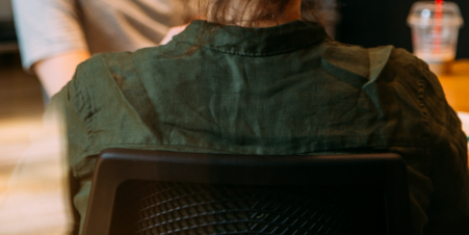
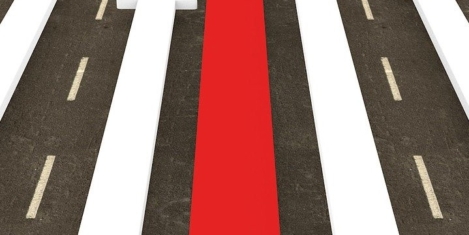
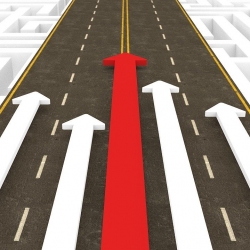 How good your line manager is makes the difference between an employee coping or struggling in lockdown. But too often line managers’ heroic efforts are not noticed by their employers, claims new report, titled
How good your line manager is makes the difference between an employee coping or struggling in lockdown. But too often line managers’ heroic efforts are not noticed by their employers, claims new report, titled 
 Outdated attitudes towards technology amongst senior facilities management business leaders are at risk of jeopardising future business survival, claims new research by
Outdated attitudes towards technology amongst senior facilities management business leaders are at risk of jeopardising future business survival, claims new research by 
 Microsoft has announced Microsoft Viva, which it claims is the first employee experience platform to bring tools for employee engagement, learning, wellbeing and knowledge discovery, directly into people’s workflow. Viva is designed to help employees ‘learn, grow and thrive’ in the new era of working life, and is designed to work alongside existing solutions such as Microsoft 365 and Microsoft Teams.
Microsoft has announced Microsoft Viva, which it claims is the first employee experience platform to bring tools for employee engagement, learning, wellbeing and knowledge discovery, directly into people’s workflow. Viva is designed to help employees ‘learn, grow and thrive’ in the new era of working life, and is designed to work alongside existing solutions such as Microsoft 365 and Microsoft Teams. 
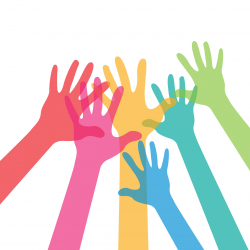 The Covid-19 pandemic has had an unprecedented effect on the way in which we work and has brought in to focus the challenges around mental health and wellbeing. The recognition that we are in the midst of the biggest mental health crisis since the Second World War brings the challenge in to stark focus. Time to Talk Day (today) aims to get the nation talking more openly about mental health, and there could not be a better time for it. Research from
The Covid-19 pandemic has had an unprecedented effect on the way in which we work and has brought in to focus the challenges around mental health and wellbeing. The recognition that we are in the midst of the biggest mental health crisis since the Second World War brings the challenge in to stark focus. Time to Talk Day (today) aims to get the nation talking more openly about mental health, and there could not be a better time for it. Research from 
 Senior executives aged 55+ have fared better than ‘millennial’ leaders (aged under 35) during the global pandemic.
Senior executives aged 55+ have fared better than ‘millennial’ leaders (aged under 35) during the global pandemic. 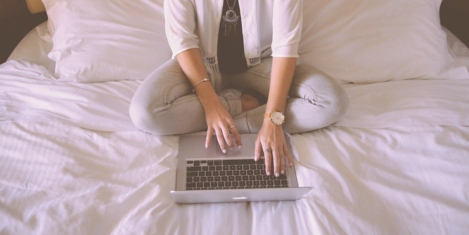
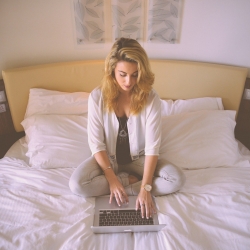 With working from home set to continue for millions of UK workers, research by the
With working from home set to continue for millions of UK workers, research by the 


 Amazon has submitted plans for its new $2.5 billion headquarters campus, known as HQ2, in Arlington County. Virginia. The NBBJ designed proposal for the PenPlace campus includes a 350 ft glass tower, three 22-story towers offering 2.8 million sq. ft of office space, a 250-seat outdoor amphitheatre, public green space, and several other buildings. The centre piece tower, officially dubbed The Helix, is a plant covered structure to emphasize the firm’s commitment to the environment and biophilic design.
Amazon has submitted plans for its new $2.5 billion headquarters campus, known as HQ2, in Arlington County. Virginia. The NBBJ designed proposal for the PenPlace campus includes a 350 ft glass tower, three 22-story towers offering 2.8 million sq. ft of office space, a 250-seat outdoor amphitheatre, public green space, and several other buildings. The centre piece tower, officially dubbed The Helix, is a plant covered structure to emphasize the firm’s commitment to the environment and biophilic design. 
 When the COVID-19 crisis hit the UK in March 2020, many commented that the virus didn’t discriminate and that its impact would be felt equally by everyone. However, as highlighted in Nuffield Health’s
When the COVID-19 crisis hit the UK in March 2020, many commented that the virus didn’t discriminate and that its impact would be felt equally by everyone. However, as highlighted in Nuffield Health’s 










February 5, 2021
Workplace things we have missed, and those we hope to regain
by Emma Morley • Comment, Technology, Wellbeing, Workplace design